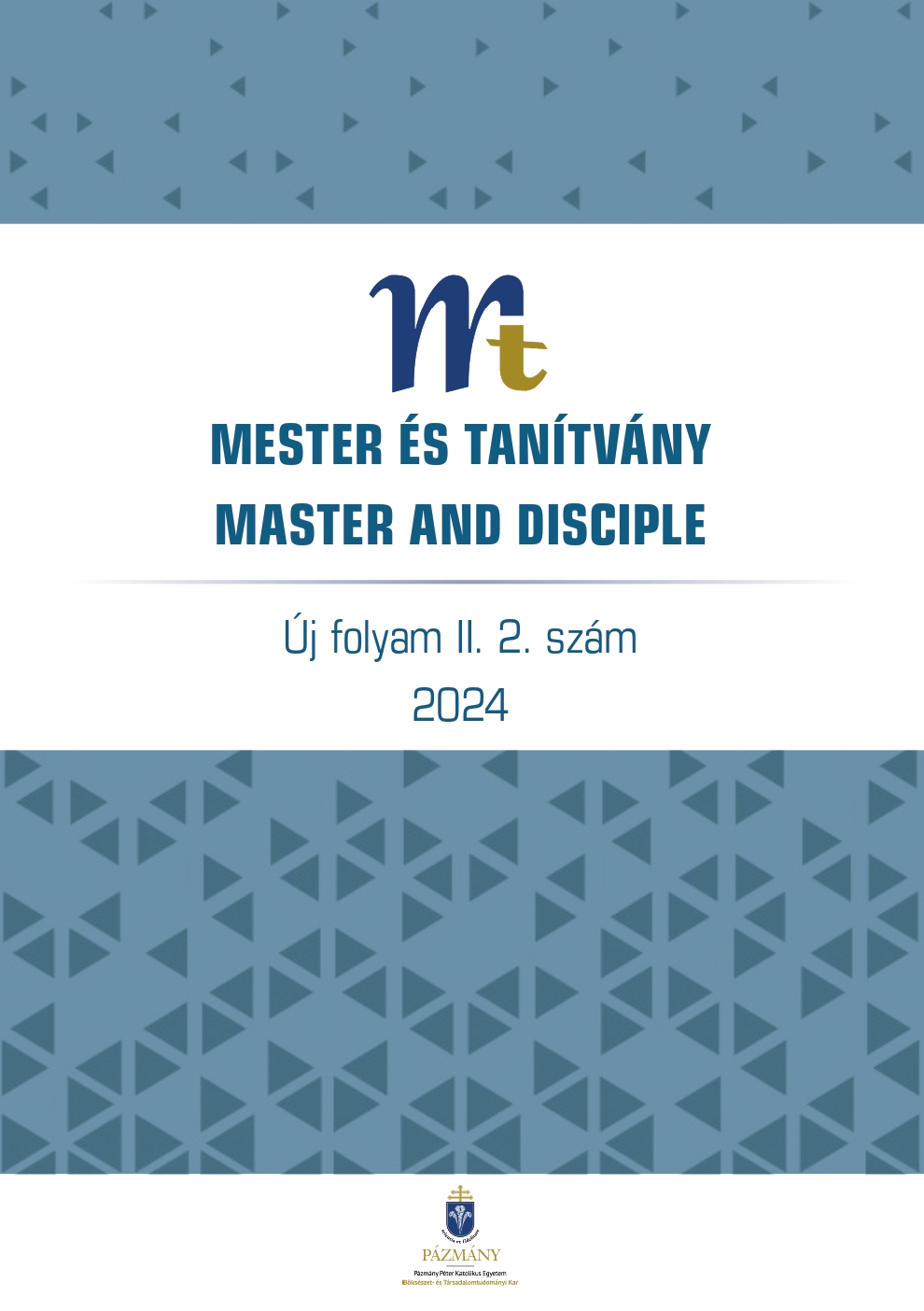Published 07-01-2025
Keywords
- teacher training,
- adaptivity,
- normativity,
- Christian pedagogy
Copyright (c) 2024 Gábor Kozma

This work is licensed under a Creative Commons Attribution 4.0 International License.
Abstract
The ‘homeland of education’ approach could be a new departure for educational theory and practice after the discussion of the profession at the turn of the millennium. Since then, in a disintegrating European culture, the role of education has increasingly been assigned to that of preserving the homeland, and even the world, and of animating society. This is also the statute of the ‘homeland of education’, the map of which today brings us to a discussion of the role of centres at the crossroads of development paths. In the absence of institutional structures adapted to the new challenges, emergency solutions are only the top of the increasingly painful wounds of education. In the ‘homeland of education’, the new generation of professional training courses often emerge before their kinship with the relations between education and pedagogy has been settled. The institutionalisation of the nursery and teaching professions in the 20th century, and then teacher training, which opened the door to the liberal arts paradigm, is characterised by multidisciplinarity that draws on the accelerated development of the ‘human sciences’ in the modern era. The fundamental issue of the humanities paradigm is the competition between theory and practice for effectiveness. This focuses attention on the role of the adaptivity of knowledge. To identify the intersection of adaptivity and normativity, it is also important to look back to the first half of the 20th century. The map of the ‘homeland of education’ brings us to Esztergom, where we can discuss the present of teacher education pathways.


